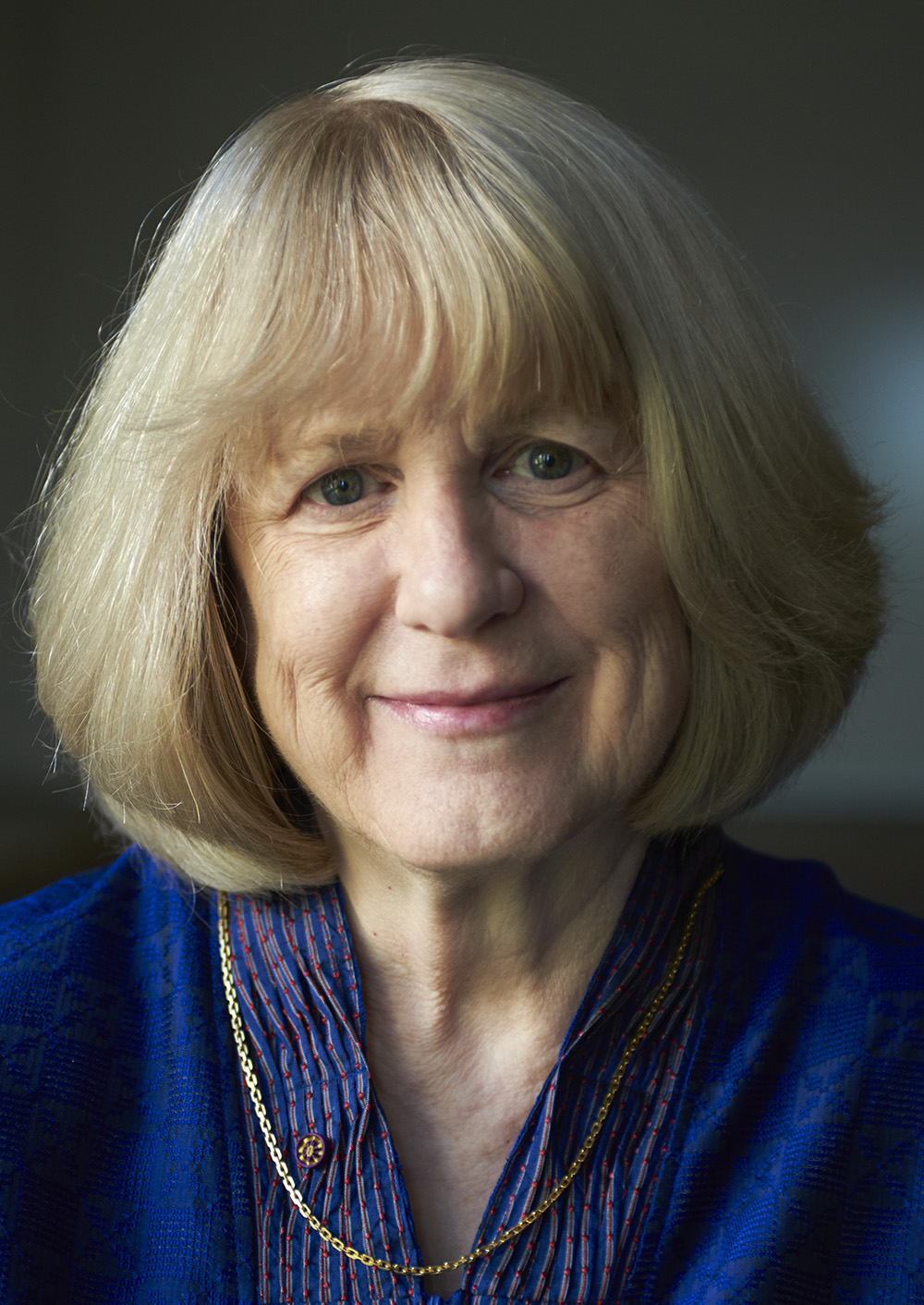
Mary-Claire King is 2021 Canada Gairdner Award laureate
Dr. Mary-Claire King, professor of medicine (Medical Genetics) and genome sciences, is a 2021 recipient of the Canada Gairdner Award.
 These awards honor renowned scientists who have made seminal discoveries that are among the world’s most significant contributions to biomedical science. King is receiving the award “for transforming cancer genetics and oncology with the discovery of inherited susceptibility to breast cancer due to mutation of the BRCA1 gene.”
These awards honor renowned scientists who have made seminal discoveries that are among the world’s most significant contributions to biomedical science. King is receiving the award “for transforming cancer genetics and oncology with the discovery of inherited susceptibility to breast cancer due to mutation of the BRCA1 gene.”
From the Gairdner foundation: King’s first breakthrough was in molecular evolution and population genetics. Her research as a Ph.D. student suggested that the differences between humans and chimpanzees are due to a small number of mutations affecting gene regulation and the timing of gene expression, rather than accumulation of differences in protein-coding sequences.
King’s work, the award news announcement notes, evolved to focus on proving the existence of inherited susceptibility to breast cancer and identifying BRCA1 as the first gene responsible for it. Her group studied families in which many women developed breast or ovarian cancer. First, based on mathematical modeling, King hypothesized that severe inherited mutations in a single gene could be responsible for breast cancer in some women. At the time, this hypothesis was considered far-fetched and very unlikely.
Then based on this hypothesis, King proved the gene’s existence by mapping the still-hypothetical gene to a specific chromosomal location. She named the gene BRCA1. The idea was no longer far-fetched and an international race of four years ensued to clone the gene.
After the gene was cloned, King and her colleagues developed and deployed next-generation sequencing strategies to identify mutations in BRCA1 and its sister genes responsible for multiple forms of inherited cancer. She and many others have applied the same approach to identifying genes with major influence on other complex diseases.
You can read more about Dr. King from the Washington state Woman's History exhibit, "Ahead of the Curve."